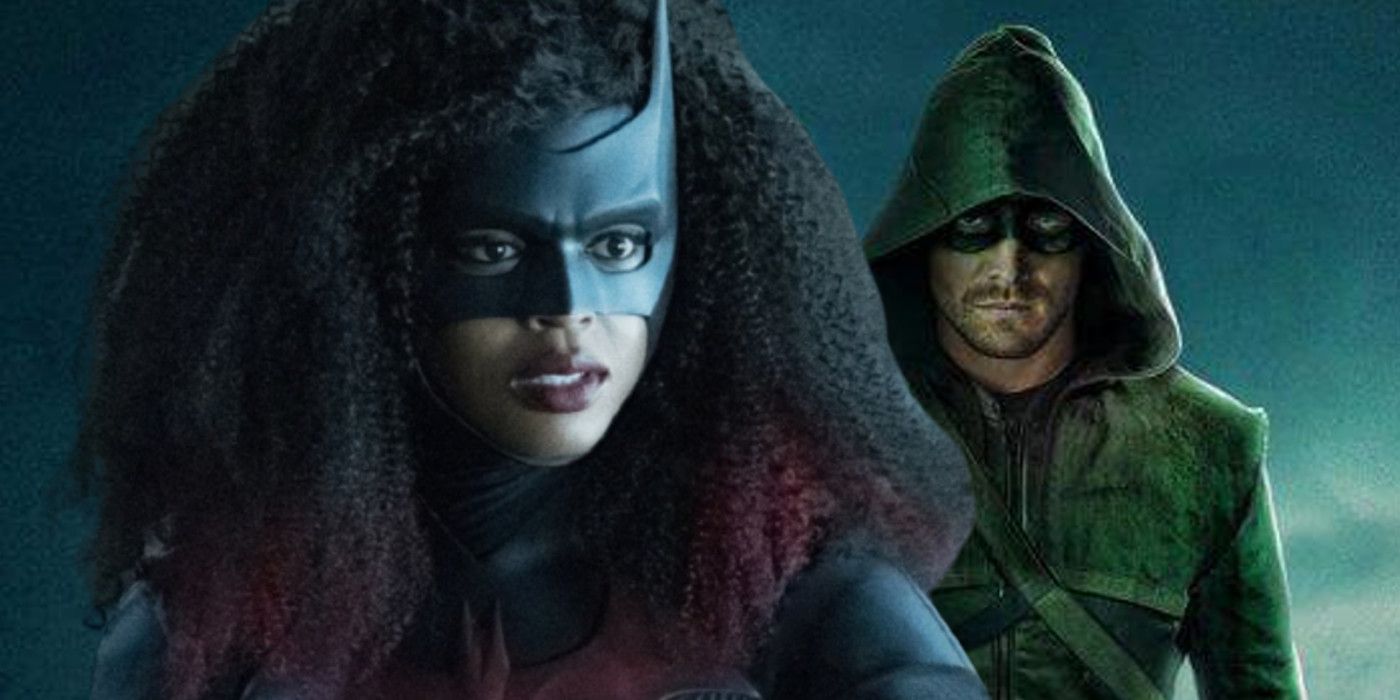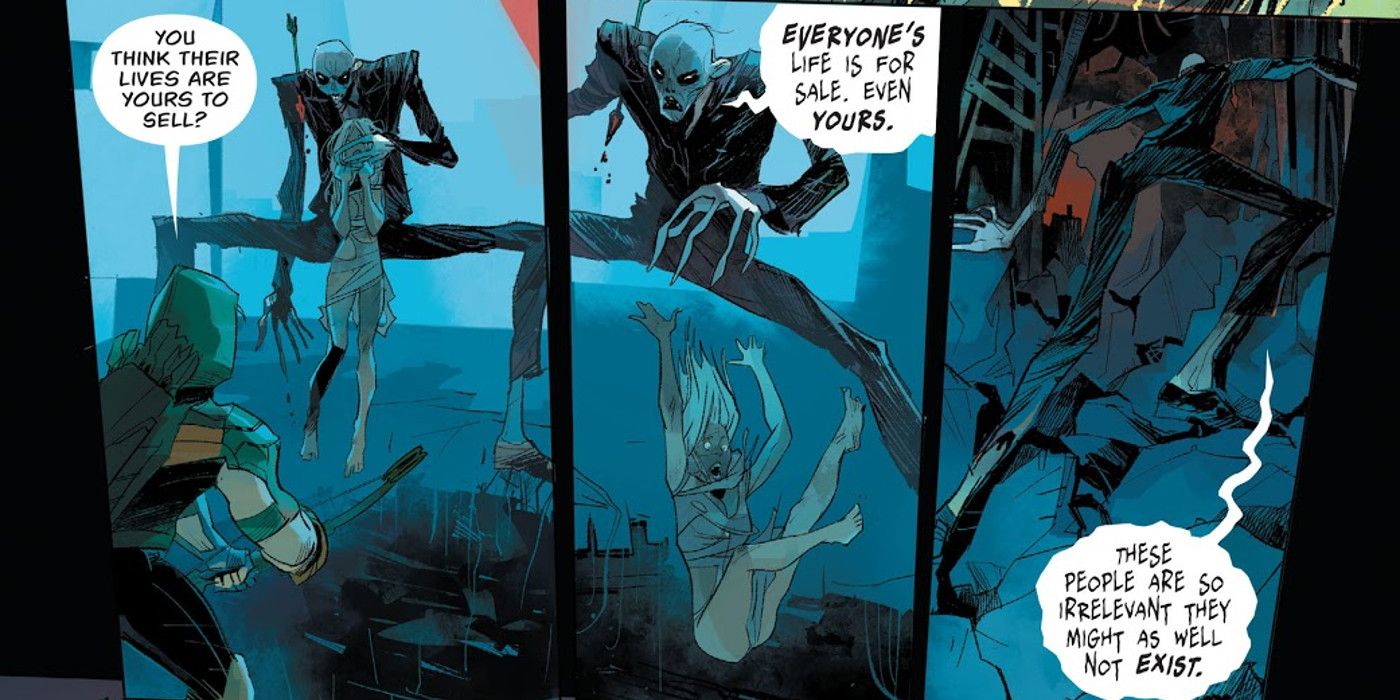Warning: The following contains SPOILERS for Batwoman season 2, episode 10, "Time Off for Good Behavior."
The political subtext of Batwoman season 2 has transformed it into the sort of superhero show many felt Arrow should have been. While some have criticized Batwoman for its efforts to tackle current events, this effort is perfectly in line with the spirit of the superhero genre and Green Arrow comics in particular.
Running for eight seasons from 2012 through 2020, Arrow faced repeated criticisms that it was a poor adaptation of the Green Arrow comics that inspired it. While the character of Oliver Queen was originally created in 1941, he was reimagined and revamped in the late 1960s by writer Dennis O'Neil, who transformed Green Arrow into a modern-day Robin Hood, who protected the interests of the common man by targeting white-collar criminals and crooked authority figures. Ironically, while Arrow rarely tackled real world social issues, the shared universe it established has drawn criticism from those who feel superhero stories should be apolitical, with Batwoman and Superman and Lois being the most frequent targets.
The Batwoman episode "Time Off For Good Behavior" stands as a prime example of how real-world issues are explored through the lens of the Arrowverse. The central storyline found Ryan Wilder and her allies investigating a series of violent attacks on various social programs in Gotham City, after a man with a high-tech lightning gun attempted to burn down the community center Ryan and Mary Hamilton helped to open. Batwoman eventually determined that all of the attacks had been committed by criminals incarcerated in the same for-profit prison run by corrupt CEO Ellis O'Brien. Fearful that social crusaders were cutting into his bottom line, O'Brien had begun arranging early parole for any inmates willing to help him sabotage the job training and after-school programs that helped ex-cons find legitimate work and kept at-risk children off the streets. Critics of Batwoman complained it was a ludicrous exaggeration to suggest the CEO of a private prison would go through such lengths to make money, but there have been multiple cases of judges and police officers being paid off by private prisons in the United States to ensure a steady stream of new inmates.
Even if Batwoman were not citing a real-world precedent, this sort of dramatization is incredibly common in the world of superheroes, especially in the comics of Green Arrow. The recent Rebirth revival of Green Arrow opened with Oliver Queen joining forces with Black Canary to investigate the disappearance of homeless people on the streets of Seattle. This led to the discovery of a human trafficking ring run by a monstrous group called the Underground Men and set up a Satanic cabal of financiers called the Ninth Circle, who made a sacrament of suffering.
While there are no gangs of vampiric slave traders in the real world, Green Arrow still called attention to the real problem of human trafficking and the dangers traffickers pose to the homeless. Unfortunately, Arrow did little to draw upon this aspect of its source material, despite making the Ninth Circle one of the major villains of Arrow season 7. For this reason, Batwoman has proven itself to be more like the Green Arrow comics than Arrow ever was.


